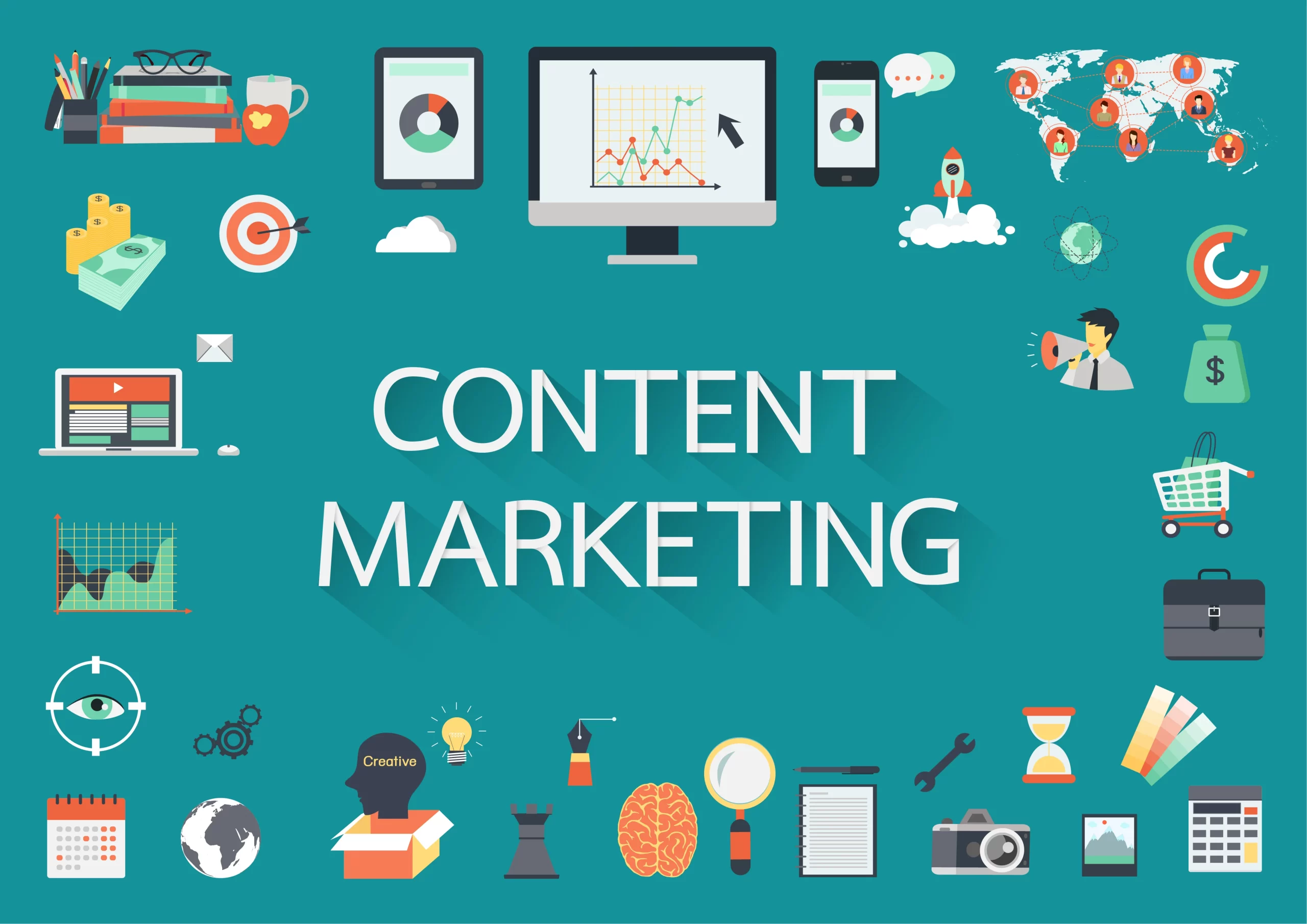
Content marketing has emerged as a powerful strategy to drive traffic and generate leads for all top digital marketing companies. Crafting compelling content that resonates with your target audience is key to a successful online presence. Here, we will look into some effective content marketing tactics that can boost your efforts and help you achieve substantial growth.
Understanding Your Audience
Advantages:
Establishes a deeper connection with your audience.
Tailors content for specific segments, ensuring relevance.
Enhances the effectiveness of personalized marketing.
Disadvantages:
Requires thorough research to create accurate buyer personas.
Constantly evolving consumer behavior demands ongoing analysis.
Quality Over Quantity
Advantages:
Build credibility and authority in your niche.
Fosters a loyal audience that values valuable content.
Positions your brand as a trusted source of information.
Disadvantages:
Demands more time and effort for content creation.
Initial challenges in finding the right balance between quality and consistency.
Leveraging Visual Content
Advantages:
Enhances engagement and shareability.
Makes complex information more digestible.
Taps into the preference for visual information consumption.
Disadvantages:
Requires additional resources for graphic design and video production.
Potential accessibility issues for visually impaired audiences.
Optimizing for Search Engines
Advantages:
Boosts visibility and search engine rankings.
Attracts organic traffic through relevant keywords.
Establishes a strong online presence.
Disadvantages:
Constant algorithm updates necessitate ongoing optimization.
Intense competition for top-ranking keywords.
Offering Value through Webinars and Workshops:
Advantages:
Showcases expertise and authority in your niche.
Provides direct interaction with the audience.
Attracts a qualified audience interested in your industry.
Disadvantages:
Requires logistical planning and technical setup for smooth execution.
Attendance may vary, impacting the overall reach of the webinar.
Monitoring Analytics and Iterating
Advantages:
Informs data-driven decision-making.
Identifies successful strategies and areas for improvement.
Allows for continuous optimization of content marketing efforts.
Disadvantages:
Interpreting analytics may require knowledge of data analysis tools.
Overemphasis on metrics without context may lead to misguided decisions.
User-Generated Content:
Advantages:
Fosters a sense of community around your brand.
Provides authentic endorsements and testimonials.
Enhances brand credibility through user-generated content.
Disadvantages:
Limited control over the content created by users.
Requires active community management to maintain a positive environment.
Mobile Optimization:
Advantages:
Ensures a positive user experience on mobile devices.
Addresses the growing trend of mobile content consumption.
Supports better search engine rankings for mobile searches.
Disadvantages:
Additional considerations for responsive design and fast-loading pages.
Requires ongoing testing for compatibility across various devices.
Conclusion
Effective content marketing involves a strategic and multifaceted approach. By understanding your audience, creating valuable content, leveraging various channels, and adapting to trends, you can drive consistent traffic and generate leads that contribute to the growth and success of your brand.
Frequently asked questions about content marketing:
FAQs:
What is content marketing?
Content marketing is a strategic approach to creating and distributing valuable, relevant, and consistent content to attract and engage a target audience.
Why is content marketing important?
Content marketing establishes brand authority, attracts organic traffic, nurtures leads, and fosters a positive brand image.
How often should I create content?
Quality is prioritized over quantity. Aim for a consistent schedule that ensures high-quality content creation.
How can I measure the success of my content marketing efforts?
Key metrics include click-through rates, conversion rates, social shares, and overall engagement. Analytics tools like Google Analytics help track these metrics.
Is influencer marketing effective for all industries?
Influencer marketing can be effective for various industries, but success depends on finding influencers relevant to your niche.
What are the best practices for email marketing?
Personalize emails, segment your audience, use automation, and provide valuable content to enhance the effectiveness of email marketing.
How can I optimize content for search engines?
Conduct keyword research, create high-quality content, and implement on-page and off-page SEO techniques to optimize content for search engines.
What is evergreen content?
Evergreen content remains relevant over time. It includes comprehensive guides, tutorials, and in-depth analyses that provide enduring value to the audience.
How do webinars benefit content marketing?
Webinars showcase expertise, allow direct interaction, and attract a qualified audience interested in your industry, contributing to lead generation.
What role does user-generated content play in content marketing?
User-generated content fosters a sense of community, provides authentic endorsements, and enhances brand credibility through content created by users.


